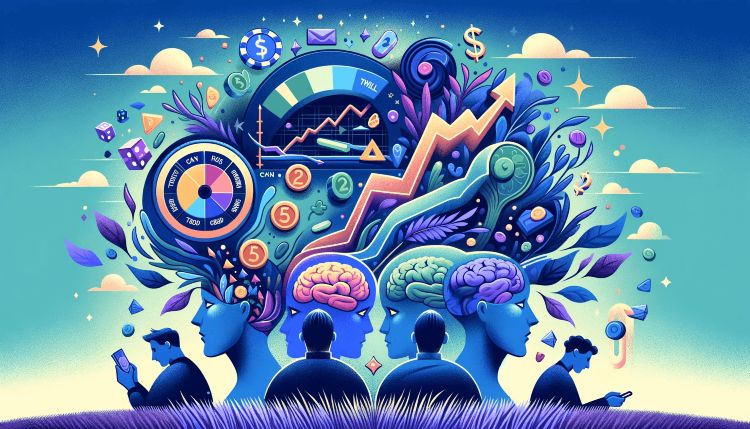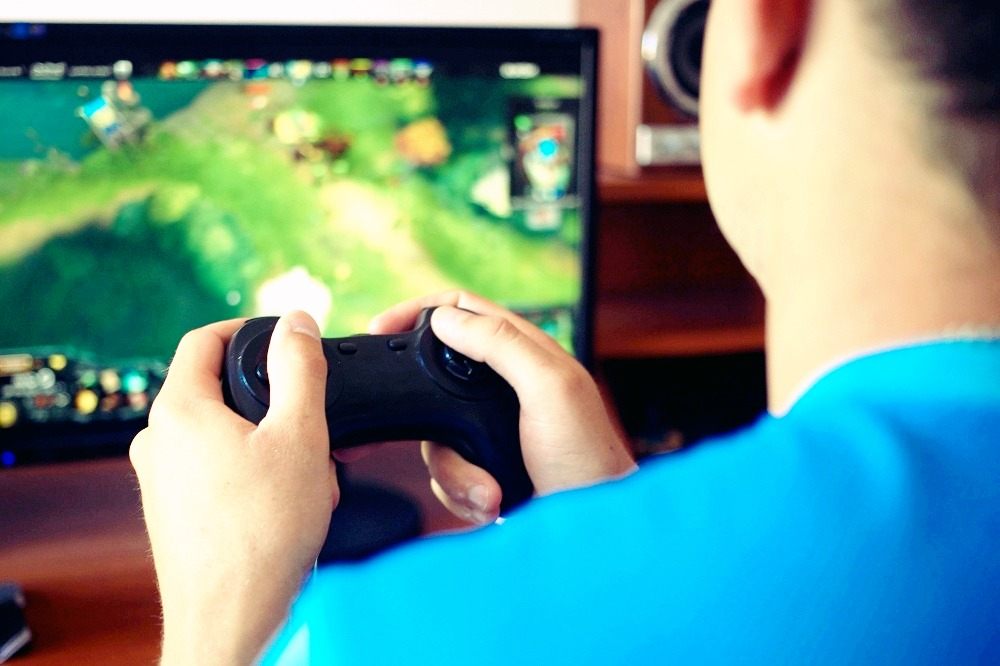Exploring the Social and Psychological Aspects of Crash Games: Effects and Player Experiences

Crash games have gained significant popularity in the online gambling scene, captivating players with their fast-paced and thrilling gameplay. However, beyond the adrenaline rush of betting and gaining bonuses, crash games also involve complex social and psychological dynamics that influence player experiences. In this review, we explore the multifaceted aspects of crash games, examining their effects on players and exploring the social and psychological factors that shape their gaming experiences.
Understanding Crash Games
Crash games, also known as “bustabit” or “moon” games, are a form of online gambling where players place bets on a multiplier that continuously increases before crashing at a random point. The objective is to cash out before the crash to secure bonuses, but the timing involves strategic decision-making and risk assessment. It is also important to choose suitable crash game and here the crash gambling site comparisons will help you greatly.
Social Interactions in Crash Games
Despite being predominantly solitary activities, crash games offer opportunities for social interactions among players. Online chat features allow players to communicate, share strategies, and celebrate wins together, fostering a sense of community within the gaming platform. Additionally, the visibility of other players’ bets and outcomes creates a competitive atmosphere that drives engagement and interaction.
Psychological Factors at Play
Crash games elicit various psychological responses from players, ranging from excitement and anticipation to stress and regret. The uncertainty of when the game will crash adds an element of suspense, triggering adrenaline rushes and heightening arousal levels. However, players must also contend with the psychological pressures of decision-making, as mistiming a cash-out can result in losing their bets.
Risk Perception and Decision-Making
One of the critical aspects of crash games is risk perception and decision-making. Players must assess the risk-reward ratio when determining the optimal time to cash out, balancing the potential for higher winnings with the increasing likelihood of a crash. This process involves cognitive factors such as probability estimation, as well as emotional factors like fear of missing out or greed.
Impact on Player Experiences
The social and psychological aspects of crash games significantly influence player experiences. For some, the thrill of competing against others and the rush of making split-second decisions heightens their enjoyment of the game. However, others may experience stress and anxiety from the pressure to cash out at the right moment, leading to negative emotions and dissatisfaction with their gaming experiences.
Potential Risks and Responsible Gaming
While crash games offer exciting and immersive gameplay, they also pose potential risks, particularly for vulnerable individuals prone to gambling addiction. The fast-paced nature of the game and the allure of quick wins can lead to impulsive behaviour and excessive gambling. Therefore, responsible gaming practices, such as setting limits on time and money spent, are essential to mitigate these risks and promote healthy gaming habits. Exploring the social and psychological aspects of crash games provides valuable insights into player experiences and behaviour. Understanding the dynamics of these games can inform the development of responsible gaming measures and interventions to ensure that players can enjoy online gambling safely and responsibly. By addressing the social and psychological factors at play, the online gambling industry can promote a positive and enjoyable gaming environment for all players.
